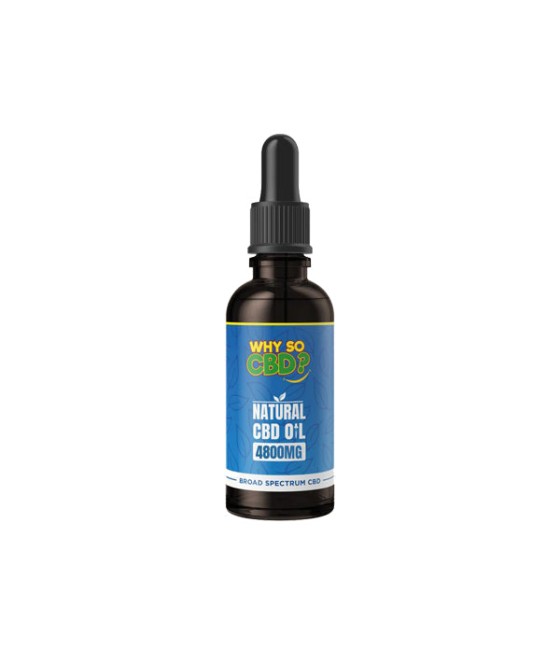Withdrawal is a normal physical and mental response when halting the use of an addictive substance. It’s an unavoidable process of detoxing in the body, but it may be pretty uncomfortable and in the worst cases, even deadly. CBD may present a powerful alternative for addiction recovery, unlike any other therapeutic compound before. Can CBD help with withdrawal? Let’s explore medical science behind it!
Can CBD help with Withdrawal?
Contrary to popular belief, treatments for withdrawal aren’t just reserved for those suffering from drug abuse. Opioid withdrawal occurs in both individuals experiencing recreational use addiction and by patients prescribed painkillers for therapeutic use. This can look like a patient recovering from an invasive surgery, or even managing pain after a major injury.
The symptoms of withdrawal range from dizzying to debilitating. Though some forms of withdrawal are minor like caffeine or nicotine and result in headaches and mood swings, other substances illicit more intense symptoms like fever, insomnia, and in extreme cases seizures or death. The duration of a withdrawal varies and can last anywhere from 1-2 weeks to 2-3 months.
No matter the story behind the detox, it can be pretty uncomfortable without proper pain and symptom management. CBD offers a promising tool for relief, while also supporting the regulation and healing of the nervous system post-addiction.
CBD relieves the symptoms that occur during opioid withdrawal
This cannabinoid has been a promising front runner in holistic, affordable, and effective treatment of withdrawal, especially for opioid addiction. In a 2021 study it was found that CBD may significantly reduce anxiety and nausea, two major symptoms of withdrawal. Additionally, patients actively using CBD would opt to decrease their opioid dose.
In another research review, it was found that CBD mitigated opioid cravings in people with opioid use disorder (OUD), and curbed side effects like anxiety, pain, and insomnia.
When it comes to dosing, it appears that a 400-800 mg oral dose of CBD is safe, and has no adverse effects when paired with fentanyl, a potent opioid. This is a promising discovery that shows both strong and weak doses of CBD can be safely used.
More research is necessary to better understand dosing models that are most effective for treating OUD with medicinal cannabis. But at this time, there are already some clinics around the world offering therapeutic CBD for addiction treatment.
CBD and alcohol use disorder
In the same way that habitual opioid use has deadly potential, alcohol use disorder can be equally dangerous and lethal. Even if alcoholism doesn’t kill someone, it can cause extreme damage to the liver and other vital organs.
Alcohol-induced liver disease (ARLD) is a progressive liver injury that occurs when there is an increase of fat in the liver, causing steatosis. This can lead to cell loss, fibrosis, and cirrhosis. This disease increases the odds of liver cancer or failure if not managed sufficiently.
In a 2019 study, CBD was administered to patients being treated for AUD and ARLD to see how CBD affects the liver and brain. It was found that CBD could directly reduce alcohol drinking in subjects with AUD. It also reduced alcohol-related steatosis in the liver, alcohol-related brain damage, and improved both hepatic and neurocognitive function regardless of the individual’s drinking trajectory. This exciting discovery shows that CBD may not just reduce addictive behavior and urges, but may also repair tissues damaged from substance use.
Studies like these are just the beginning of our explorations utilizing CBD as an effective harm reduction approach to AUD.
Are there risks?
There are a few risk factors to consider before using CBD for addiction treatment:
- Dosing and liver damage. The risk of liver damage increases when a person combines CBD with other types of medication (blood thinners, antibiotics, etc).
- Sedative effects. Some medications interact with CBD and may cause drowsiness, though this subsides over time.
- Increased suicidal thoughts and behavior. CBD may cause shifts in mood and behavior, it is always good to follow up with your doctor to ensure you are safely using CBD.
- Source safe, quality products. Check for testing results on any CBD product you intend to consume. In lower quality products there may be contaminants that can further harm your health (pesticides, heavy metals, etc).

4800mg Broad-Spectrum CBD Natural Oil - 50ml by Why So CBD
Find your CBD wellness with 4800mg Broad-Spectrum CBD Natural Oil - 50ml. Each bottle includes CBD's natural flavor, hemp ter...









CBD for Pets: Pet Owners Love it, Now Recommended by Your Vet CBD
CBD Bubble Bath and 5 Ways to Build the Ultimate Self Care Routine with CBD
CBD Beverages Like Trip CBD Add a New Flare to the Edibles Market
CBD Cookie Dough & Incredibly Simple CBD Edibles You Can Make at Home
Is CBD Oil Legal in Spain?
Easing Anxiety: How to Take CBD Oil for Anxiety in the UK
The Current and Future Legal Landscape of CBD Flower in the UK
LVWell CBD Raw 5000mg CBD Oil Review